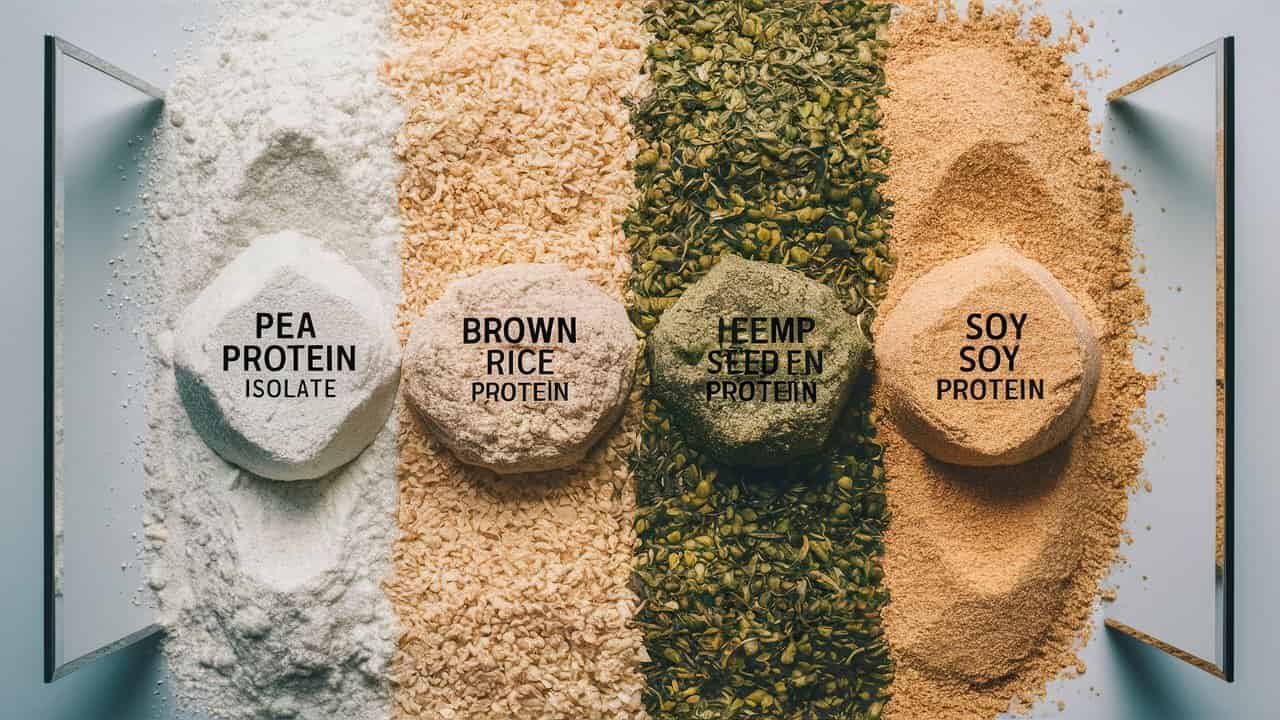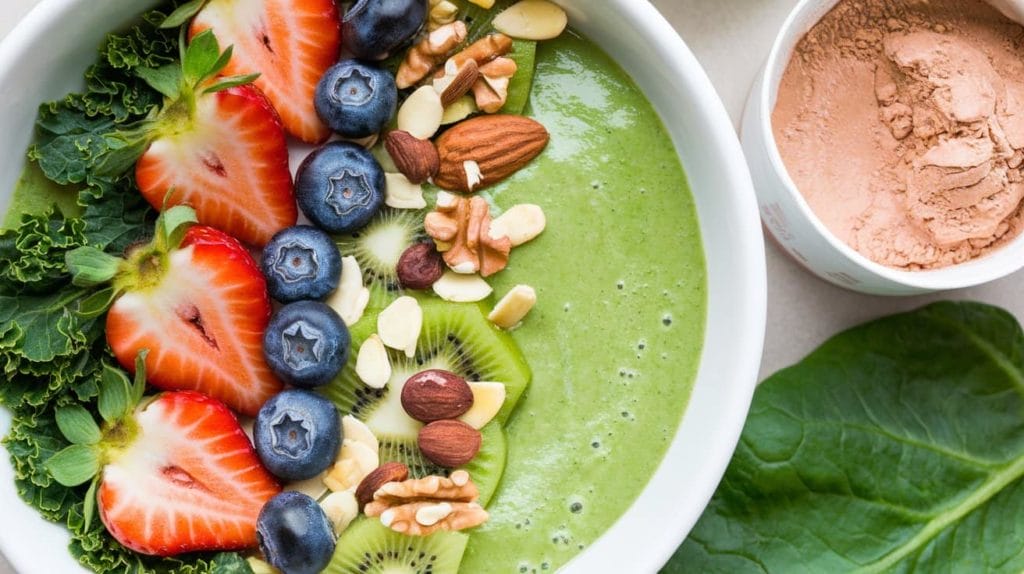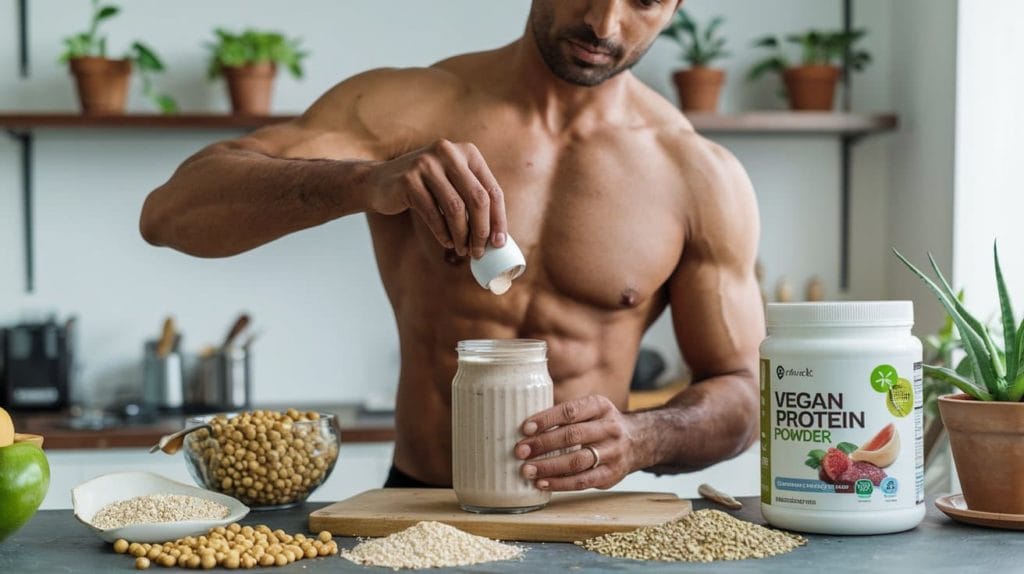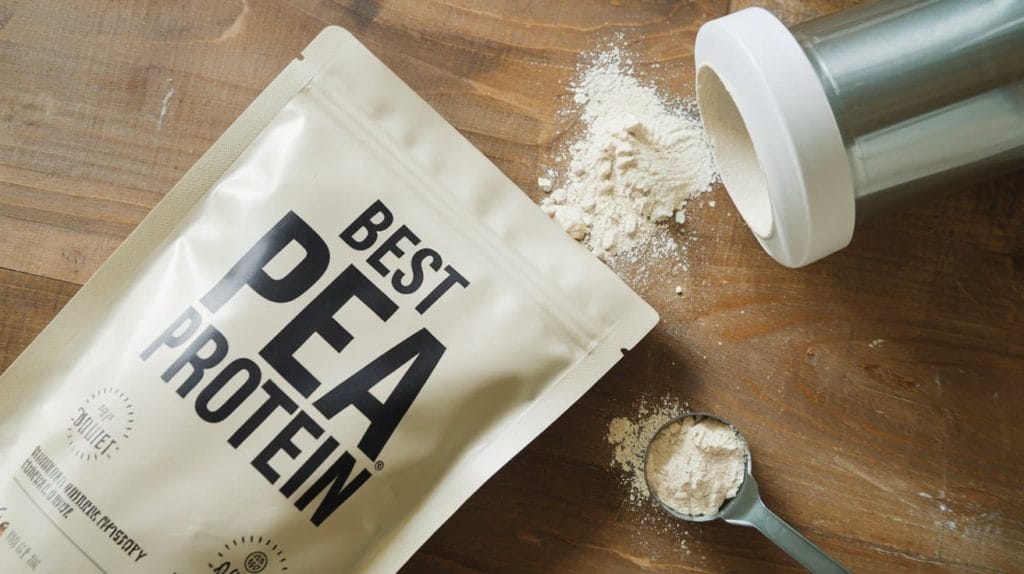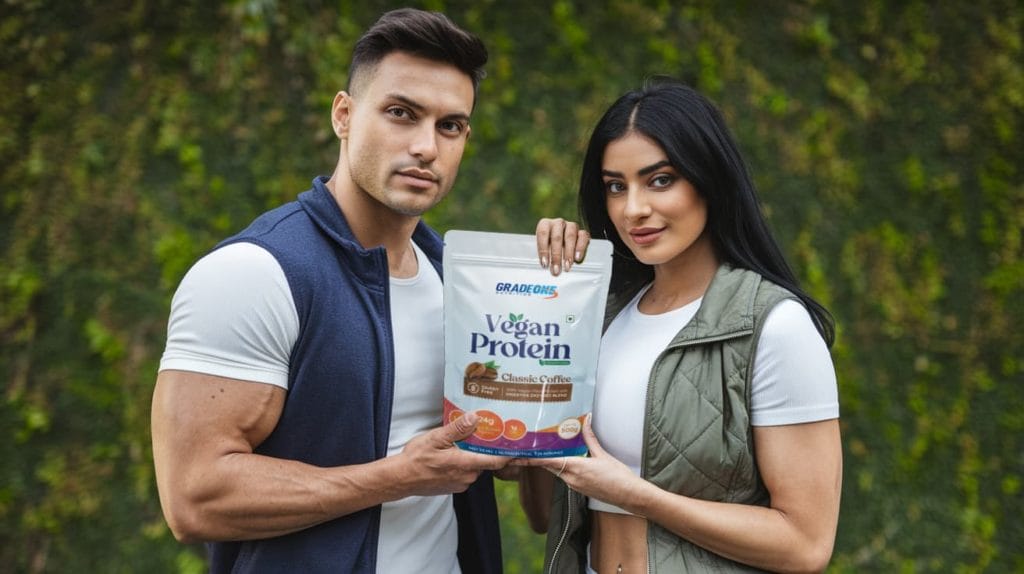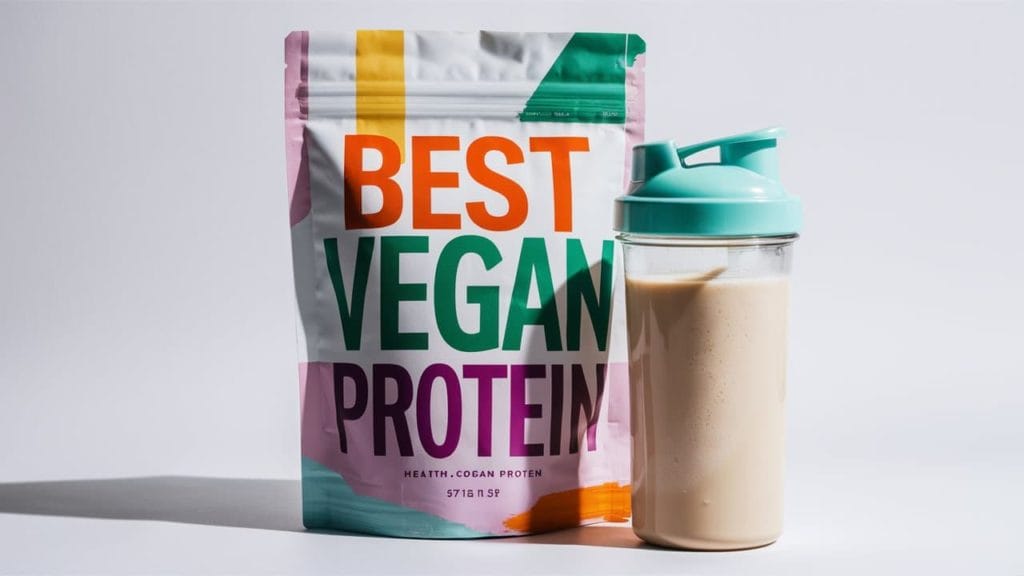In recent years, vegan protein powders have gained immense popularity as a sustainable and healthy alternative to animal-based proteins. Each type of vegan protein has unique benefits, nutritional profiles, and applications. This article delves into the comparison between four popular vegan protein sources: Pea Protein Isolate, Brown Rice Protein, Hemp Seed Protein, and Soy Protein.
Pea Protein Isolate
Nutritional Profile: Pea protein isolate is derived from yellow split peas and is known for its high protein content. It typically contains around 80-85% protein by weight. It is also rich in essential amino acids, particularly branched-chain amino acids (BCAAs), that are crucial for muscle growth and repair.
Benefits:
- Digestibility: Pea protein is highly digestible, with a digestibility score of 98%.
- Allergen-Free: It is hypoallergenic, making it a safe choice for individuals with allergies to dairy, soy, or gluten.
- Muscle Building: High in BCAAs, it supports muscle protein synthesis and recovery post-exercise.
- Sustainability: Pea cultivation is environmentally friendly, requiring less water and producing lower greenhouse gas emissions compared to animal farming.
Drawbacks:
- Taste and Texture: Some users find the taste and texture of pea protein less appealing compared to other protein powders.
Brown Rice Protein
Nutritional Profile: Brown rice protein is obtained by isolating the protein from whole-grain brown rice. It contains about 70-80% protein by weight and is a good source of essential amino acids, although it is slightly lower in lysine.
Benefits:
- Easily Digestible: Brown rice protein is gentle on the digestive system and is less likely to cause bloating or gas.
- Hypoallergenic: Like pea protein, it is hypoallergenic and suitable for individuals with food allergies.
- Rich in Fiber: It retains some of the fibre from brown rice, which aids in digestion and satiety.
- Weight Management: The fibre content can help in weight management by promoting a feeling of fullness.
Drawbacks:
- Incomplete Protein: It is not a complete protein on its own as it lacks sufficient lysine. However, when combined with other protein sources, it can provide a balanced amino acid profile.
Hemp Seed Protein
Nutritional Profile: Hemp seed protein is derived from the seeds of the hemp plant. It typically contains around 50-70% protein by weight and is rich in omega-3 and omega-6 fatty acids, fibre, and various vitamins and minerals.
Benefits:
- Complete Protein: Hemp protein provides all nine essential amino acids.
- Omega Fatty Acids: It is an excellent source of healthy fats, particularly omega-3 and omega-6 fatty acids, which support heart health and reduce inflammation.
- Fiber-Rich: High fibre content aids in digestion and promotes gut health.
- Sustainability: Hemp cultivation is eco-friendly, as it requires minimal pesticides and supports soil health.
Drawbacks:
- Protein Content: Lower protein content compared to pea and soy proteins.
- Taste: Some users may find the taste of hemp protein to be earthy or nutty, which might not be preferable to all.
Soy Protein
Nutritional Profile: Soy protein is derived from soybeans and is one of the most widely used plant-based proteins. It contains about 90% protein by weight and is a complete protein, providing all essential amino acids.
Benefits:
- Complete Protein: It offers a balanced amino acid profile, making it ideal for muscle repair and growth.
- Rich in Isoflavones: Soy protein contains isoflavones, which have been linked to various health benefits, including reduced risk of heart disease and improved bone health.
- Versatile: It is widely used in various food products due to its neutral taste and texture.
Drawbacks:
- Allergen: Soy is a common allergen, making it unsuitable for individuals with soy allergies.
- Phytoestrogens: The presence of phytoestrogens in soy has raised concerns regarding their potential impact on hormone levels, although research is still inconclusive.
- GMO Concerns: A significant portion of soybeans are genetically modified, which may be a concern for some consumers.
Conclusion
Each type of vegan protein—Pea Protein Isolate, Brown Rice Protein, Hemp Seed Protein, and Soy Protein—offers unique benefits and potential drawbacks. Your choice will depend on your specific nutritional needs, dietary restrictions, and personal preferences. For those looking for a high-protein, allergen-free option, pea protein isolate is a great choice. If you prefer a fibre-rich, easily digestible protein, brown rice protein is ideal. Hemp seed protein offers a well-rounded nutritional profile with healthy fats and fibre, while soy protein provides a complete protein source with additional health benefits.
By understanding the differences and benefits of these vegan protein sources, you can make an informed decision that aligns with your health goals and dietary preferences.
